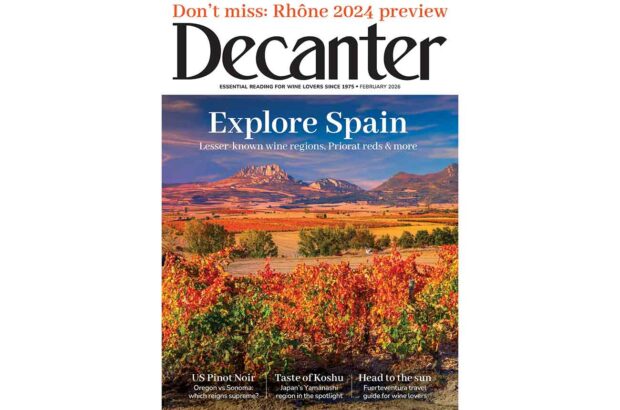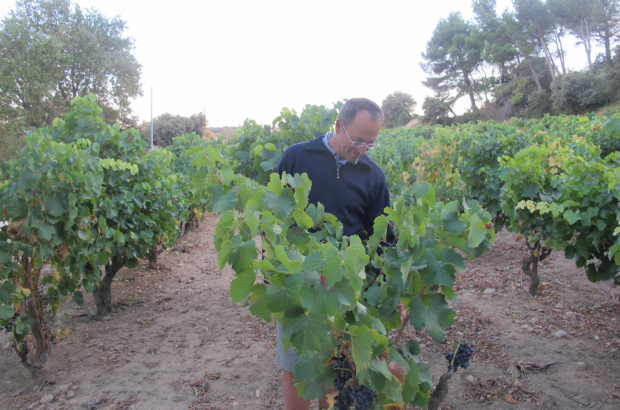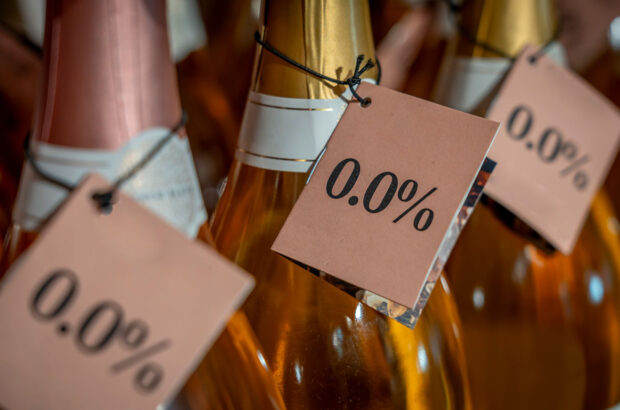If an extra excuse were needed to enjoy a glass of red wine or bar of chocolate then new research extolling the virtues of a diet rich in compounds known as flavonoids may have provided it.
Flavonoids are found in a wide range of food and drink, including tea, berries, apples and oranges.
Tantalisingly, they also turn up in red wine and dark chocolate, although the researchers focused more strongly on other sources in their depiction of a flavonoid ‘five-a-day’ plan.
Writing in Nature Food journal, they said that consuming a diverse mix of flavonoid-rich foods could help to prolong life by mitigating against the development of some health conditions, including cardiovascular and neurological disease.
It’s variety in the diet that appears most beneficial, found the researchers. They tracked more than 120,000 people aged between 40 and 70 years for more than a decade, via the UK BioBank database.
‘This study is significant as the results indicate that consuming a higher quantity and wider diversity has the potential to lead to a greater reduction in ill health than just a single source,’ said professor Aedín Cassidy, study co-lead and from the School of Biological Sciences at Queen’s University, Belfast.
Study authors wrote: ‘Analysis of flavonoid-rich foods showed those with the lowest diversity consumed mostly tea, and those with the highest diversity consumed relatively more berries, apples, grapes, red wine and oranges.’
Other lifestyle factors might also be important. Those with the highest diversity of flavonoid intake were also more physically active and less likely to be smokers, according to the study.
Professor Cassidy told Decanter via email, ‘We showed that five different portions of flavonoids was associated with the greatest benefits. We know there are lots of sources but red wine is one of them (in moderation, of course).’
However, the main sources include tea, berries, citrus fruit, grapes, plums, red cabbage and cocoa.
Perhaps mindful of public health concerns around alcohol, the study’s authors focused primarily on flavonoid-rich foods in their dietary recommendations.
Last month, the World Health Organisation quoted Alba Gil, policy officer at the Association of European Cancer Leagues, as saying: ‘There is no safe level of alcohol consumption, yet too few people are aware of this.’







